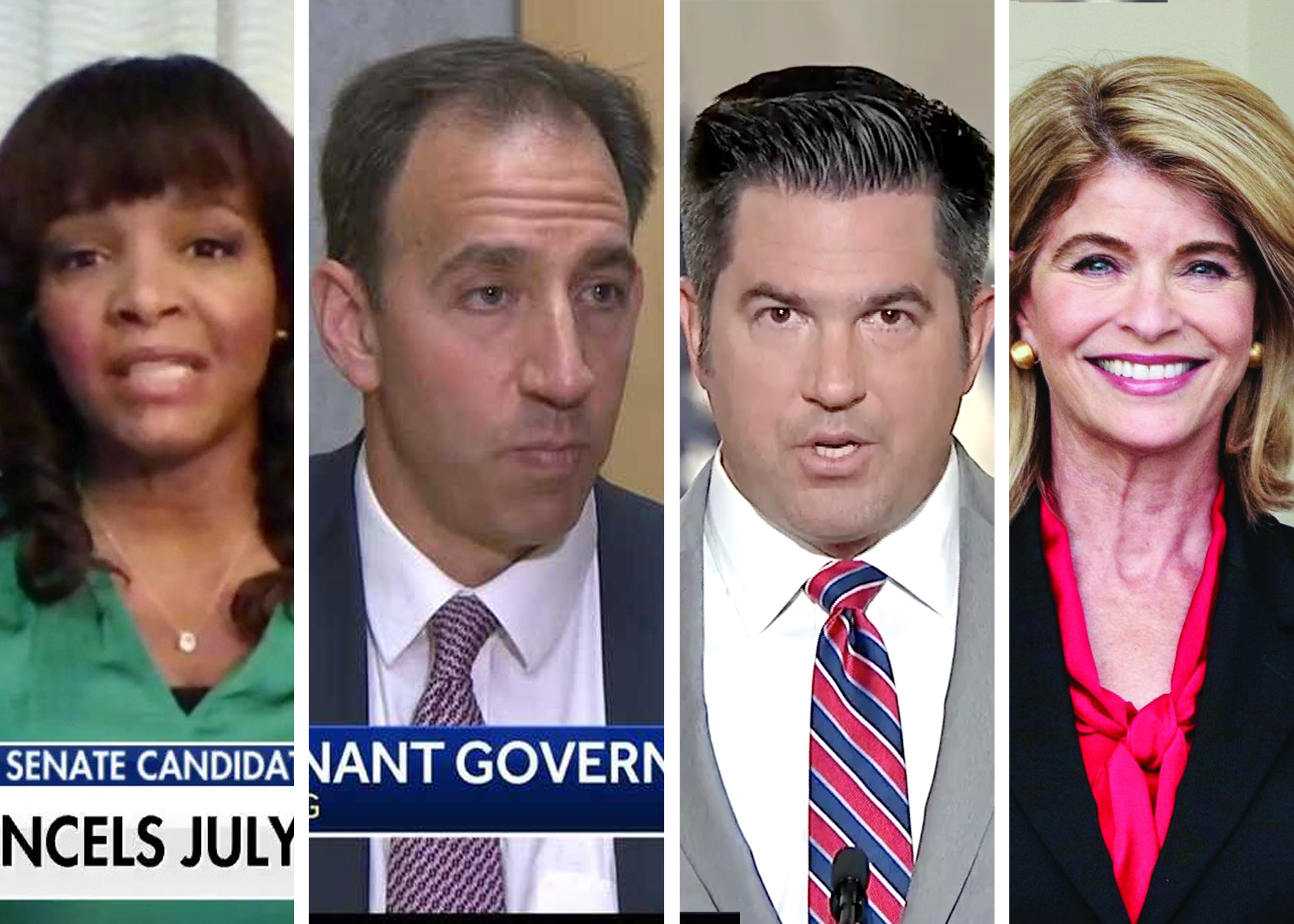Each of Pennsylvania’s leading GOP U.S. Senate candidates opposes the widely popular, bipartisan plan
A new report from the Philadelphia Inquirer outlines how the bipartisan infrastructure deal passed last week in the U.S. Senate can help to expand high-speed internet access in rural communities across Pennsylvania.
Even though the bipartisan deal stands to help the “one in five Pennsylvania households [that] doesn’t have a broadband internet subscription” get connected, each of Pennsylvania’s leading Republican U.S. Senate candidates — including Kathy Barnette, Sean Parnell, Jeff Bartos, and Carla Sands — has opposed the popular, bipartisan bill, putting personal politics ahead of getting things done for Pennsylvania families and communities.
Philadelphia Inquirer: People in rural Pennsylvania are desperate for internet. Biden’s infrastructure bill could help.
By Julia Terruso, 8/18/21
Key points:
- “About one in five Pennsylvania households doesn’t have a broadband internet subscription, with many rural counties having low coverage.”
- “Now broadband could get a historic investment through the infrastructure bill making its way through Congress. Pennsylvania could receive $100 million to expand broadband infrastructure and subsidize service and devices for families who have access but can’t afford it, such as low-income families in Philadelphia.”
- “In rural areas, the issue is also structural — there simply isn’t enough population density to incentivize setting up the pipes and towers needed.”
- “‘The infrastructure bill is a great opportunity to continue what has been started here, to bring it to the last mile, so to speak,’ said Republican Juniata County Commissioner Alice Gray.”
- “For many people, it’s not just a lack of access but an inability to afford the devices to get online. The infrastructure bill’s $100 million includes money to subsidize laptops, iPads, and other devices, along with service costs.”
Read the full report here.
###
Published: Aug 18, 2021
